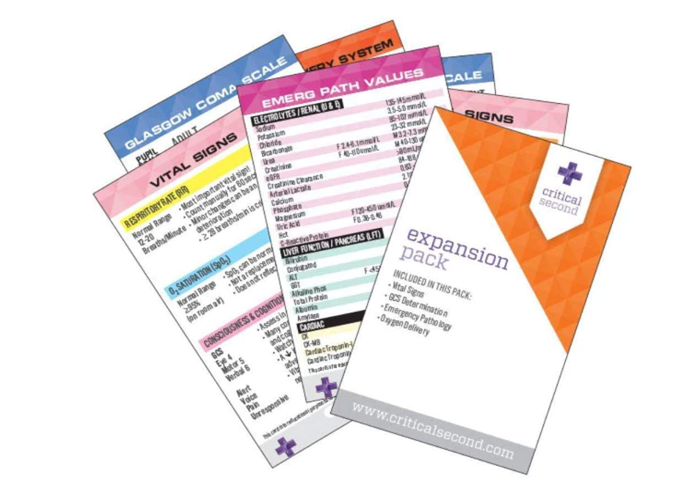In the demanding field of healthcare, efficiency and accuracy are paramount. This is where clinical reference cards have become a cornerstone, offering quick, reliable information at a practitioner’s fingertips. These handy tools are not just about convenience; they’re transforming the way medical professionals access and apply critical information. They serve as a bridge between extensive medical knowledge and the practical application in patient care. By streamlining the flow of information, these cards significantly reduce time spent searching through medical texts, allowing for more direct patient interaction.
Quick Access to Vital Information
One of the primary benefits of these cards is the speed at which medical professionals can access vital information. These cards provide a quick reference, whether drug dosages, medical algorithms, or standard protocols. In emergencies, where every second counts, having such information readily available can be a matter of life and death. This immediate access enhances the responsiveness of medical care and minimises the risk of errors often associated with hurried information retrieval. Furthermore, it aids in making informed decisions promptly, a critical factor in emergency and high-pressure medical settings.
Enhancing Learning and Memory
Medical education is an ongoing process. Clinical reference cards serve as excellent learning aids, reinforcing knowledge and aiding in the retention of critical information. They are particularly useful for new medical staff still familiarising themselves with vast medical knowledge. These cards often summarise complex information into digestible, easy-to-understand formats, making them ideal for quick reviews.
Standardising Care Procedures
In medical practice, consistency and adherence to proven protocols are crucial. These cards are vital in standardising care procedures across different healthcare providers. By having a set of standardised reference materials, practitioners can ensure they’re following the best practices, reducing the likelihood of errors and improving patient outcomes. This standardisation is particularly important in large healthcare facilities where multiple professionals may be involved in patient care. The cards serve as a universal language, ensuring that every team member is on the same page and enhancing patient care’s overall efficiency and safety.
Customisation and Specialisation
Another significant aspect of these reference cards is their ability to be customised for various specialties. From cardiology to paediatrics, each medical field has its specific needs and guidelines. Customised cards cater to these differences, providing relevant information tailored to each specialty. This specialisation ensures that practitioners have the most applicable and up-to-date information at their disposal. It also reflects the dynamic nature of medical knowledge, where updates and new findings are a constant. These customised cards can quickly be revised and redistributed, ensuring that practitioners are always equipped with current information.
Supporting Continual Professional Development
Continuous learning and professional development are integral parts of the medical profession. It supports this by offering concise, regularly updated summaries of the latest guidelines and research findings. They encourage practitioners to stay current with medical advancements, fostering a culture of continuous improvement and learning. In an era where medical knowledge is expanding unprecedentedly, these cards help practitioners keep pace with the changes. They also serve as a catalyst for further research and inquiry, often prompting medical professionals to delve deeper into topics they encounter in their practice.
Clinical reference cards are, without a doubt, essential tools in modern medical practice, seamlessly integrating into the daily routines of healthcare professionals. They offer a perfect blend of accessibility, reliability, and practicality, enhancing the quality of patient care. With these tools, medical practitioners can focus on what they do best – saving lives and nurturing health. As the medical field continues to evolve, these cards will undoubtedly remain a vital component in providing effective healthcare.





